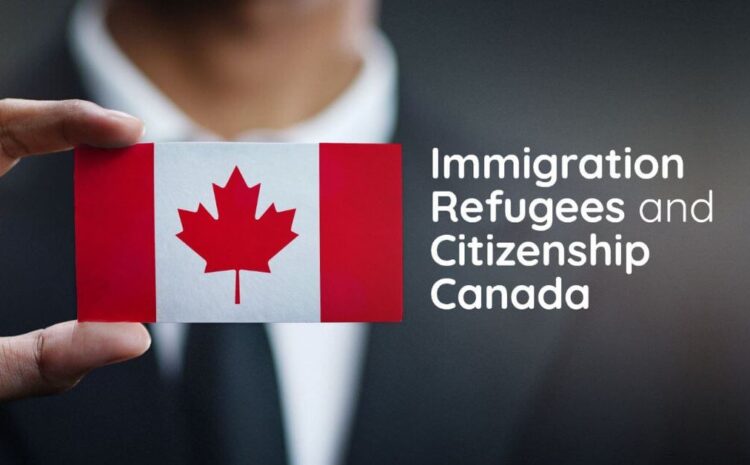Refugees and Citizenship Canada (IRCC) will reset the cap and begin accepting applications for two caregiver pilot programs
As of January 1st, Immigration, Refugees and Citizenship Canada (IRCC) will start accepting applications for the Home Childcare Provider Pilot and Home Support Worker Pilot: Direct to Permanent Residence category. These programs are designed for individuals with caregiving work experience and have gained popularity, with nearly 1,100 caregivers and their family members becoming permanent residents in 2022.
It’s important to note that both pilot programs, launched in 2019, are set to expire on June 17, 2024. Given the high demand, the IRCC encourages eligible candidates to apply as early as possible. In 2023, the cap for online applicants in the Home Child Care Provider Pilot (1,000) was reached on April 14, 2023. However, there are still available spaces for the Home Support Worker Pilot in 2023, as mentioned on the official website.
Prospective applicants should take heed of this information and submit their applications promptly to secure a spot in these caregiver pilot programs. This opportunity allows individuals with caregiving experience to potentially obtain permanent residence in Canada.
People also ask about Immigration, Refugees and Citizenship Canada (IRCC)
1. How can I check the status of my immigration application?
You can check the status of your immigration application through the online portal on the Immigration, Refugees and Citizenship Canada (IRCC) website. Use your unique application number and other relevant information to track the progress of your application.
2. What is Express Entry and how does it work?
Express Entry is a points-based immigration system used by IRCC to manage applications for permanent residence under economic immigration programs. Candidates are ranked based on factors like age, education, work experience, and language proficiency. The highest-ranked candidates are invited to apply for permanent residence.
3. Can I sponsor my family members to come to Canada?
Yes, Canadian citizens and permanent residents can sponsor certain family members to come to Canada. Eligible family members may include spouses, partners, dependent children, parents, and grandparents. Specific eligibility criteria and application processes apply.
4. What are the language requirements for immigration to Canada?
Language proficiency is a crucial factor in many immigration programs. The most commonly accepted language tests are the IELTS (International English Language Testing System) for English and the TEF (Test d'évaluation de français) for French. The minimum required scores vary depending on the immigration program.
5. How can I get a work permit for Canada?
To obtain a work permit for Canada, you generally need a job offer from a Canadian employer. Your employer may need to provide a positive Labour Market Impact Assessment (LMIA) in some cases. There are also specific work permit streams, such as the International Mobility Program and the Global Talent Stream.
6. What is the Provincial Nominee Program (PNP)?
The Provincial Nominee Program allows Canadian provinces and territories to nominate individuals for permanent residence based on their specific economic and labor market needs. Each province has its own streams and criteria, targeting candidates with skills and work experience in demand.
7. Can I apply for asylum in Canada?
If you fear persecution or face serious harm in your home country, you may be eligible to seek asylum in Canada. The refugee claim process involves submitting an asylum application and undergoing a thorough assessment to determine your eligibility for protection.
8. How long does it take to process an immigration application?
Processing times vary depending on the type of application and the immigration program. You can check the estimated processing times on the IRCC website. Keep in mind that these times are subject to change based on factors such as the volume of applications received.
9. Are there any changes to immigration policies due to COVID-19?
Yes, there have been adjustments to immigration policies and procedures in response to the COVID-19 pandemic. It's essential to stay updated on the latest information and any temporary measures that may affect immigration processes.
10. How can I renew or extend my temporary resident status in Canada?
If you are in Canada on a temporary basis (e.g., as a student, worker, or visitor) and wish to extend your stay, you must apply for an extension before your current status expires. Make sure to submit your application well in advance and meet all the requirements outlined by IRCC.


